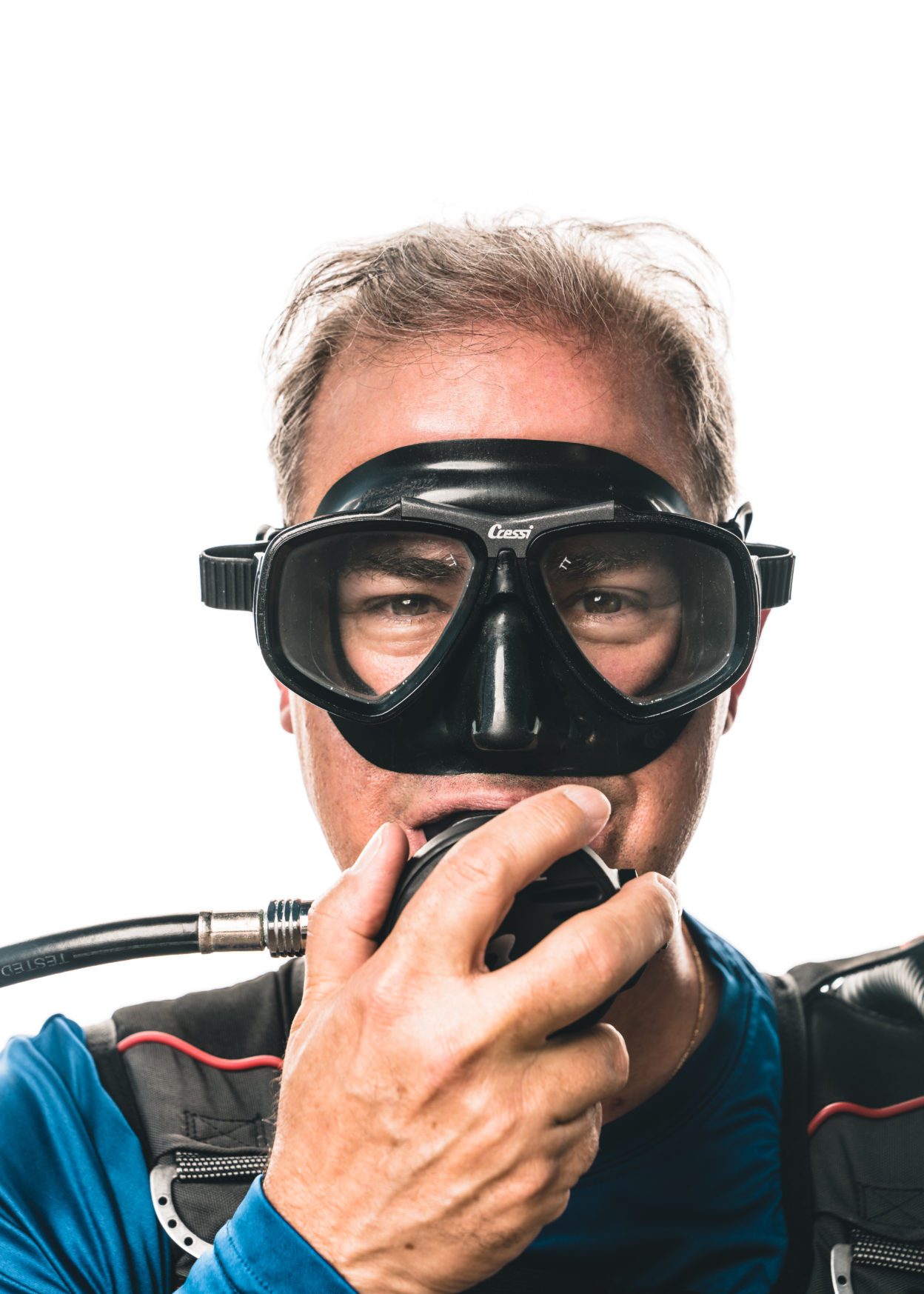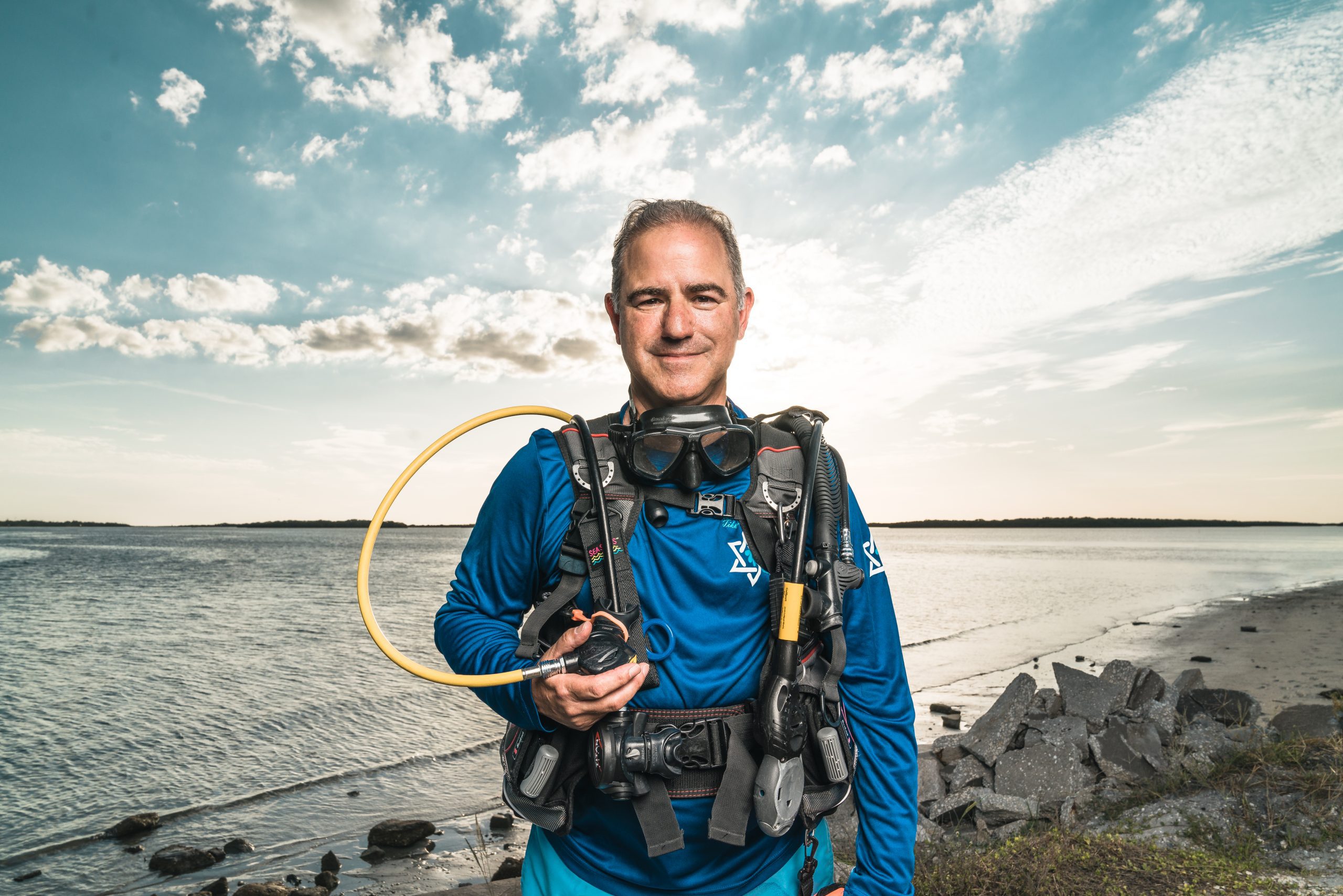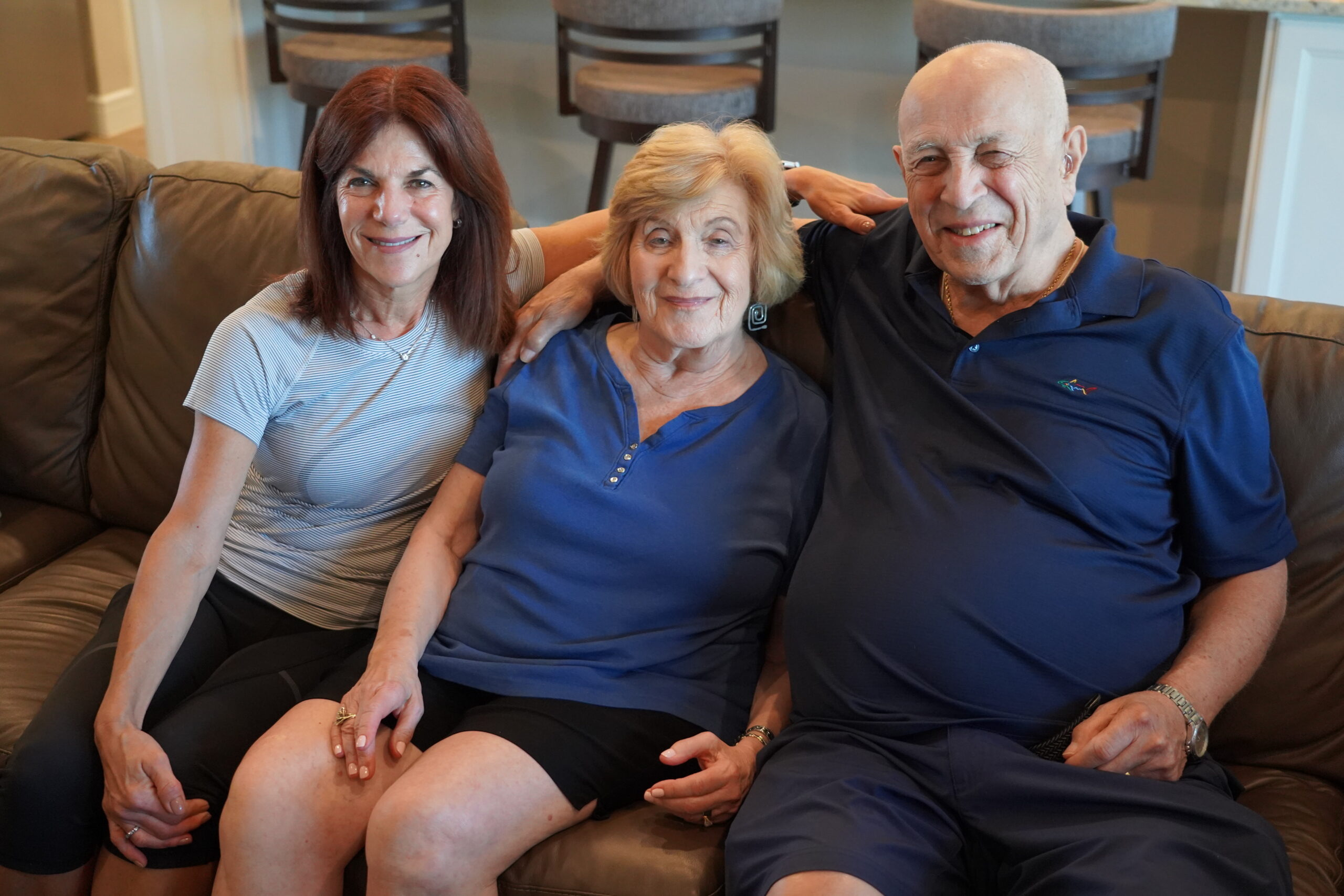We are all capable of doing so much more than we think. We can be the ones who light the spark of inspiration, we can draw attention where it is needed, and we can be the ones to affect change. The problem is that it can be difficult to know where to begin, even though the answer is often right in front of us. Instead of trying to reach out to everyone, sometimes it works best to simply reach out wherever we have connections and influence: to our friends, neighbors and community.
Growing up in the Midwest, Ed Rosenthal never saw the ocean until he was 12. He quickly fell in love. He was captivated by the wonders of the underwater world. But as he took in all the beauty, he could not help but also see the ugliness. His beloved oceans were being destroyed by people with their endless sources of pollution. It haunted him to the point that he knew he had to take action. Protecting the sea became his passion and his cause. He knew that to make a difference, he would have to reach out to others. This, he thought, was one of his strengths.
Rosenthal is a rabbi. And as a leader in the Jewish community, he thought maybe his congregation would help. After all, he is not the typical rabbi leading a typical congregation. As rabbi and Executive Director of Hillels of the Florida Suncoast, he leads a Jewish organization for college students in Tampa, Florida. If he could just find connections between the oceans and Judaism, he mused, perhaps he could inspire his students to become better stewards of the earth and better people. It turns out that his religion has a lot to say about our personal responsibility to protect the planet.
Repair the World
“Judaism has a tenet called ‘tikkun olam,’ which in Hebrew means ‘repair the world.’ It’s the concept that when God created the earth it was perfect. But then humans got thrown into the mix and we messed it up,” explained Rosenthal. “So, as part of our Jewish way of life, we have a responsibility to repair the damage we have done. Some do it by helping the homeless, the poor, the needy; and others do it through the environment. And with my students, we work to change the sea.”
Rosenthal formed an organization called Scubi Jew that offers scuba certification courses and coordinates underwater clean-up activities. Scubi Jew clubs quickly spread to six college campuses across Florida. In order to facilitate growth elsewhere, Rosenthal formed a larger organization called Tikkun HaYam, which translates to “repair the sea.” Rosenthal believes it is the first Jewish marine conservation organization in the world. And he thinks it might be the first group to make the ocean a major rallying point in the Jewish religion since Moses parted the Red Sea. Tikkun Hayam and Scubi Jew turn saving the ocean into a religious experience.

“Locally, we have adopted the St. Petersburg downtown reef; and the students go out at least once a month, clean the reef and remove fishing nets, fishing line, anchors, ropes and plastic,” he said. “It’s a never-ending battle, but our number of participants is growing, and not just here in Florida. Before the pandemic, we had over 850 volunteers in 49 different groups in the U.S., Canada, Israel and Argentina cleaning waterfront locations. This year we already have 34 teams in the U.S., Israel, Norway and Palau that are going to take part. Our goal is to get the entire Jewish community to observe a new tradition: Rather than casting ourselves into the water, we want to take sin out of it.”
Ensuring the Future
Rosenthal believes that it is not only important to the future of our planet but also to the future of Judaism itself.
“I ask my non-Jewish students how many Jews they think are in the world. They say, ‘Oh, a couple of billion.’ When I tell them there are only 14 million, they’re flabbergasted. That’s why I feel college is the last line of defense,” Rosenthal said. “I have to ensure that everything we do is inspiring for them, that we don’t waste their time. We have to provide meaningful opportunities, purposeful opportunities; and in doing that, we can ensure the next generation. The tagline for my Hillels is ‘Ensuring a Jewish future, theirs and ours.’ They are our future, and I’m inspired by their idealism, optimism and altruism. They want to change the world, and I believe they will. It’s an honor and a privilege to work with them.”
Rosenthal is energetic and youthful. There is a 40-year age gap between him and his students that gets wider with each new freshman class. But at an age when some are contemplating retirement, he feels more emboldened than ever about his mission and more passionate about his cause.
“If I can’t see it like that, I’m not going to be able to inspire them,” he said. “It’s about recognizing that every day is new, and every day is another opportunity to do something to make the world a better place. And that’s how I keep the passion.”
His passion for the ocean may only be exceeded by his passion for inspiring young adults. He believes it’s his purpose, which makes his message to them even more powerful.
“Do whatever you can to leave the world better than you found it,” says Rosenthal. “That doesn’t mean you have to change the world. The Talmud says, ‘Whoever saves a single life, it’s as if he or she has saved the entire world.’ Have an impact, whether it’s on your family or your friends or your neighbors or your students. It’s really that simple. Yes, I want my students to be successful; but more importantly, I want them to do good with what they have. It’s not about us. It’s about us making a difference in the lives of others.”
What it comes down to, he says, is making the world a better place for everyone, which is something made clear to him by the late Eli Wiesel, a writer, activist and Holocaust survivor.
“What he said was, ‘The mission of the Jewish people is not to make the world more Jewish. The mission of the Jewish people is to make the world more human.’”














